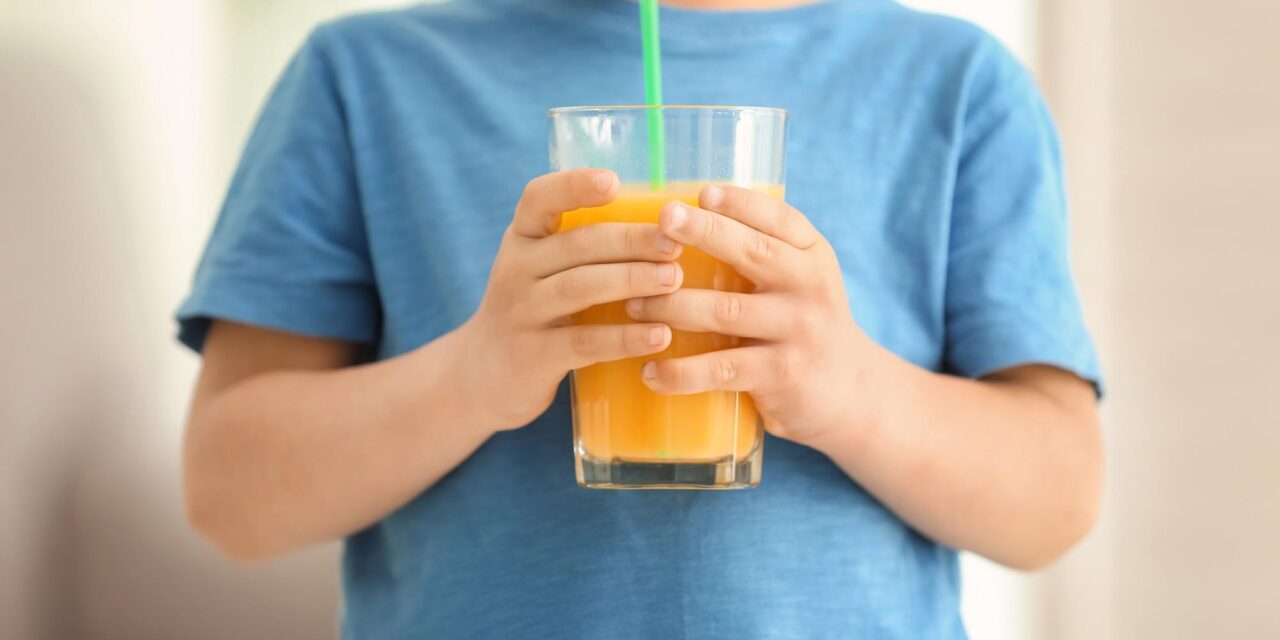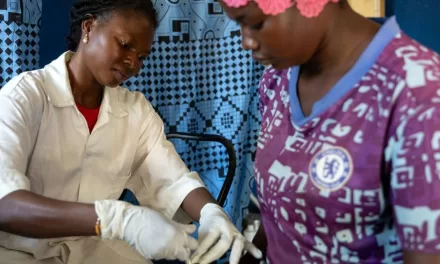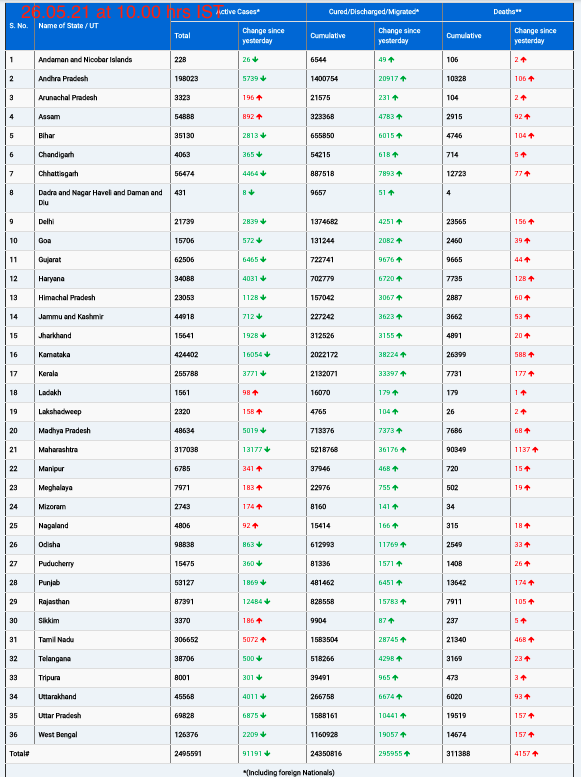Massachusetts, July 2024 — A recent study suggests that boys who regularly consume sugary drinks and 100% fruit juices during childhood and adolescence may face an increased risk of developing Type 2 diabetes, highlighting the need for dietary caution. This research, presented at the American Heart Association’s Epidemiology and Prevention│Lifestyle and Cardiometabolic Health Scientific Sessions 2024, found no similar risk in girls.
The study, involving nearly 500 children in Massachusetts, found that boys who drank sugary beverages and fruit juices daily showed higher markers of diabetes risk in late adolescence. The lead investigator, Soren Harnois-Leblanc, Ph.D., a registered dietitian and postdoctoral researcher at Harvard Pilgrim Health Care Institute and Harvard Medical School, emphasized the importance of these findings.
“While these findings are preliminary, they support the existing evidence about the potential relationship between beverages with added sugar and long-term risk of Type 2 diabetes in children,” Harnois-Leblanc said. “Pediatricians and other health care professionals should caution young patients and their parents about sugary drinks and fruit juices when discussing healthy eating habits.”
Sugary Drink Consumption and Its Impacts
According to a 2022 American Heart Association fact sheet, nearly two-thirds of children and adolescents in the U.S. consume at least one sugary drink daily. These beverages contribute to weight gain and increase the risk of heart disease, high blood pressure, Type 2 diabetes, and tooth decay.
Using data from Project Viva, an ongoing long-term study of women and their children in eastern Massachusetts, researchers explored the associations between sugary drinks, 100% fruit juices, fresh fruits, and markers for Type 2 diabetes. They calculated the average consumption of these items and assessed their potential associations with three markers of Type 2 diabetes: insulin resistance, fasting blood glucose levels, and HbA1c levels, measured by a single blood test while fasting in late adolescence.
Key Findings and Gender Differences
The analysis revealed:
- Each daily serving of sugary drinks during childhood and adolescence among boys was associated with a 34% increase in insulin resistance, a 5.6 mg/dl increase in fasting glucose levels, and a 0.12% increase in HbA1c levels in late adolescence.
- Drinking 100% fruit juice throughout childhood and adolescence was linked to a 0.07% increase in HbA1c levels in boys, with only a slight increase of 0.02% in girls.
- Eating fresh fruit did not significantly affect the risk of developing Type 2 diabetes in either gender.
“These associations persisted even when considering other health, family, and social factors,” Harnois-Leblanc noted. “Although several aspects of biology and behaviors differ between boys and girls, I would have expected to also find an association in girls. I was also surprised that eating whole fruits did not reduce the levels of these markers of Type 2 diabetes.”
Study Background and Details
The study analyzed data from children of the 2,128 pregnant women enrolled in Project Viva, focusing on 972 children who met the inclusion criteria. Of these, 455 had a fasting blood sample collected in late adolescence. Researchers evaluated dietary habits from questionnaires completed at ages 3, 8, and 13, and measured fasting blood glucose, insulin, and HbA1c levels in late adolescence.
While the study found an association between sugary drinks, fruit juices, and Type 2 diabetes markers, it did not prove causation. The relatively small number of participants might have affected the strength of the findings.
“Diet and cardiometabolic health are complex, with many factors varying over time and interacting in different ways. This study represents one small piece of this puzzle,” Harnois-Leblanc said.
American Heart Association nutrition committee member Penny M. Kris-Etherton, Ph.D., R.D., FAHA, commented, “This study has shown that greater sugar-sweetened beverage intake, including fruit juice, is associated with higher markers of diabetes risk in late-adolescent boys but not girls. These findings support the current dietary recommendations to limit or eliminate drinking sugar-sweetened beverages and instead consume whole fruits, which are high in many nutrients, especially those lacking in the average American diet.”
Reference: “Sugar-Sweetened Beverages, Fruit Juices, and Whole Fruits Throughout Childhood and Adolescence and Glycemic Outcomes in Late Adolescence in Project Viva” by Soren Harnois-Leblanc et al., American Heart Association’s Epidemiology and Prevention│Lifestyle and Cardiometabolic Scientific Sessions 2024.












